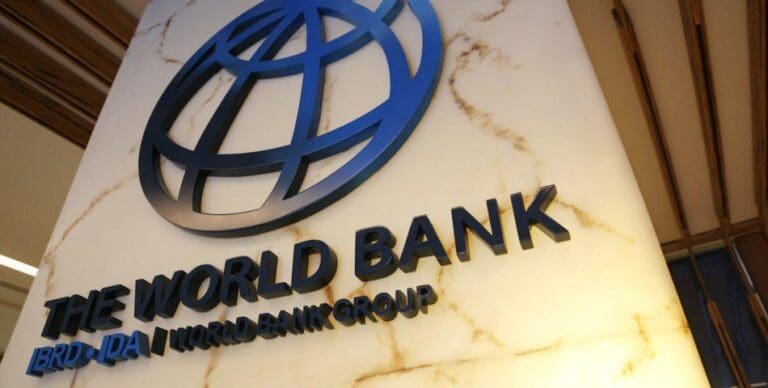APA-Lilongwe (Malawi) The World Bank has commended Malawi for its bold economic reforms, predicting an improved medium-term growth outlook for the southern African country.
In its 18th edition of the Malawi Economic Monitor (MEM), titled “Turning the Corner?” published on Tuesday, the bank acknowledged the initial set of bold actions taken by the Malawian government in 2023.
These included the adjustment of the exchange rate, monetary tightening, and commitments to enhance fiscal prudence.
These actions paved the way for a November 2023 agreement on an Extended Credit Facility with the International Monetary Fund and the first World Bank-funded budget support operation since 2017.
However, the MEM emphasized that both immediate actions and sustained commitment would be necessary for the reforms to bear fruit for the wider economy.
It also highlighted key macroeconomic challenges that remain, including a continued foreign exchange shortage, high inflation and an uncertain agricultural season.
The current assumptions are for growth to reach three percent in 2024, backed by a modest easing of global commodity prices and increased output bolstered by improved foreign exchange availability.
However, the ongoing prolonged dry spells is expected to threaten the 2023/24 harvest.
“While economic growth is projected to increase, numerous downside risks to the Malawian economy persist, most notably the ongoing El Nino phenomenon which we are concerned may exacerbate an already challenging food insecurity situation,” World Bank country manager Hugh Riddell said.
The MEM includes a set of recommendations for Malawi, including the need to bolster macroeconomic stability by implementing announced reforms to increase exchange rate flexibility, rebuilding foreign reserves, and continuing to improve fiscal governance and sustainability.
It also recommends creating the foundations for export-led growth by investing in agricultural commercialisation, continuing reforms to the government’s agricultural input programme, and provision of policy support to the export sector.
It also suggests building resilience and protecting the poor through the expansion of social cash transfer and climate-smart public works projects.
JN/APA


